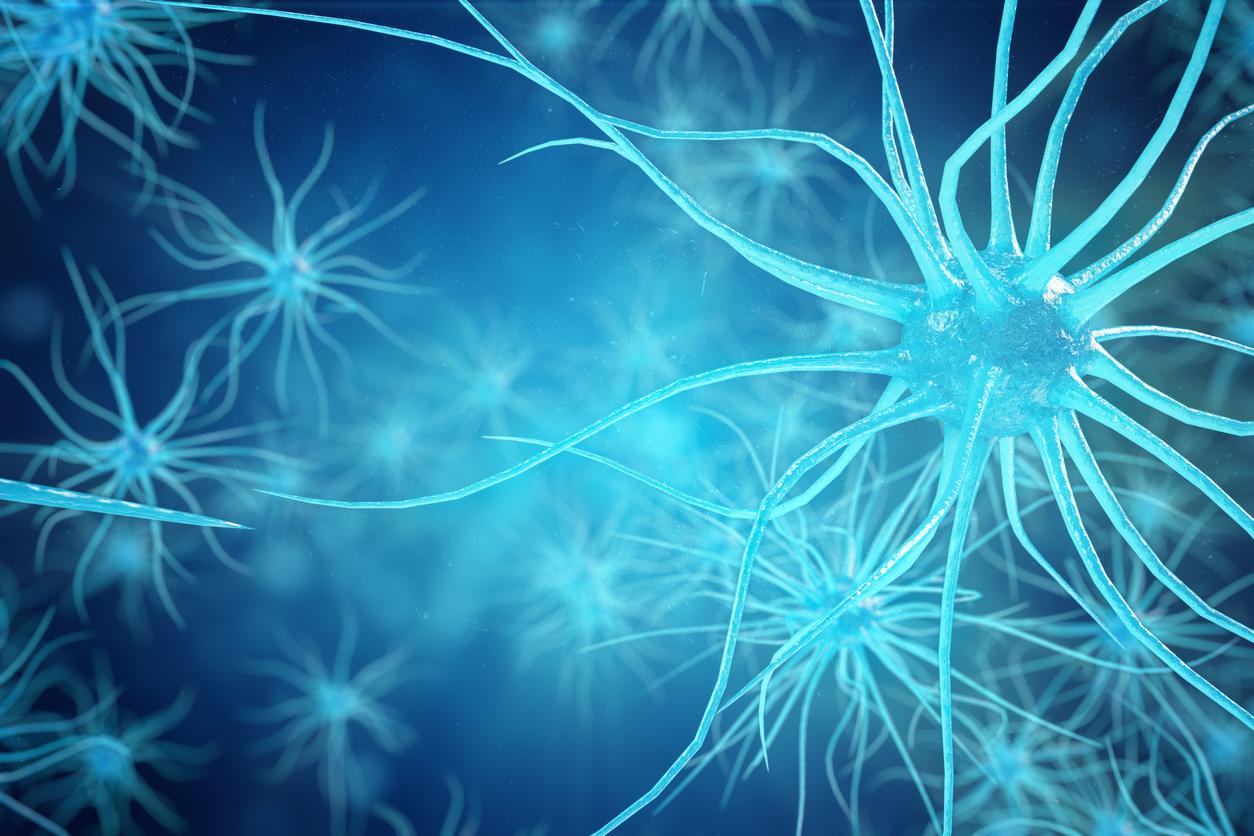This neural research was conducted on rodents, not humans. But the results of the first experiment give the researchers good hope. Neurons taken from adult mice were implanted into rat fetuses. When the rats died, the researchers saw under the microscope that the transplanted neurons were still in working order. They concluded that certain mouse neurons could live twice as long by being transplanted into the brains of rats, which have a life expectancy that is twice that of mice. Then, since the neurons were still alive even after the rats died, the researchers found that the survival of the neurons is not programmed in advance but depends on the environment in which they are placed. According to their reasoning, it would be possible to perpetuate the existence of neurons by changing the “host” brain.
“You can extend an animal’s maximum lifespan without worrying that its neurons will die before the animal dies,” says Lorenzo Magrassi, a neurosurgeon at the University of Pavia in Italy and co-director of the study. In other words, if it were possible to live 150 years with the same neurons, “you would not lose your neurons, because your neurons do not have a limited lifespan”, continues the scientist.
Without giving a guarantee of eternity, this study nevertheless suggests prospects for neuronal transplantation in neurodegenerative patients such as Alzheimer’s disease.


















